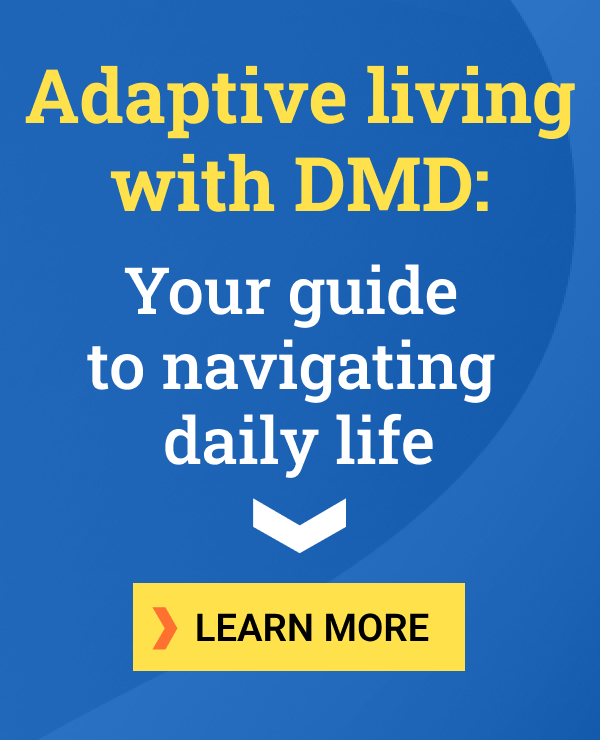Translarna Posts Encouraging Phase 2b Data For Treating nmDMD
by |

PTC Therapeutics, Inc. announced the results of a Phase 2b clinical trial entitled “Ataluren treatment of patients with nonsense mutation dystrophinopathy” in the October issue of Muscle & Nerve, demonstrating that Translarna™ (ataluren) improved clinical outcomes of patients with nonsense mutation Duchenne muscular dystrophy (nmDMD) in males five years and older.
DMD belongs to the group of muscular dystrophy disorders and is characterized by muscle degeneration and eventual death, due to lack of a functional dystrophin protein. This protein is essential to the structural stability of muscles – skeletal, diaphragm and heart.
 The study evaluated safety and efficacy of nmDMD patients’ treatment with ataluren during eleven months, three times a day (40 mg/kg/day or 80 mg/kg/day). The study’s primary endpoint measured the total distance walked during a 6-minute walk test; secondary endpoints included activity at home, muscle and heart function, strength, cognitive ability, muscle integrity, and muscle dystrophin expression. The analysis enrolled patients worldwide — North America, Europe, Australia, and Israel – for a total of 173 participants.
The study evaluated safety and efficacy of nmDMD patients’ treatment with ataluren during eleven months, three times a day (40 mg/kg/day or 80 mg/kg/day). The study’s primary endpoint measured the total distance walked during a 6-minute walk test; secondary endpoints included activity at home, muscle and heart function, strength, cognitive ability, muscle integrity, and muscle dystrophin expression. The analysis enrolled patients worldwide — North America, Europe, Australia, and Israel – for a total of 173 participants.
The results demonstrated that during the treatment period, Translarna-treated patients (40 mg/kg/day given in three doses) increased their six-minute walk distance by 31.3 meters, while more severely affected patients improved 68.2 meters, when compared to the placebo group. Additionally, patients receiving Translarna improved their rate of decline in ambulation, stair climb, and stair descend time-function, including all secondary endpoints. No serious adverse effects were registered. Nausea, vomiting, and headache were the effects mostly reported.
Professor Kate Bushby, M.D., Institute of Genetic Medicine, Newcastle University and study first co-author commented, “Prolonging ambulatory function produces a myriad of benefits that are essential and important to boys living with DMD and affords boys a longer period of self-sufficiency. During a one-year clinical trial, substantial increases in muscle strength and function from a dystrophin-restoration therapy like Translarna are not generally anticipated but rather demonstrating the ability to stabilize or slow the decline in muscle function is the real goal. Translarna offers real promise for patients as a treatment that addresses the underlying cause of this rare genetic disorder.”
[adrotate group=”3″]
Robert Spiegel, M.D., FACP, Chief Medical Officer of PTC Therapeutics, Inc. noted, “The results presented in this publication show that patients treated with Translarna demonstrated clinically meaningful trends across all patient groups as measured by the six-minute walk distance. The results also showed that Translarna showed an even more pronounced effect for those patients who are rapidly declining in walking ability. Importantly, the results observed in the six-minute walk test were also supported by positive trends in certain other important secondary endpoints that were measured during the course of the trial.”
“We are pleased by the results observed in this study. These results, as well as the work we did in defining and understanding the natural history of DMD utilizing the six-minute walk test, give us a high degree of confidence that our ACT DMD confirmatory trial is both well-designed and powered for success. We look forward to the Phase 3 trial results in 2015 and remain committed to bringing Translarna to all patients who can benefit from it.”, added Stuart W. Peltz, Ph.D., Chief Executive Officer of PTC Therapeutics, Inc.








